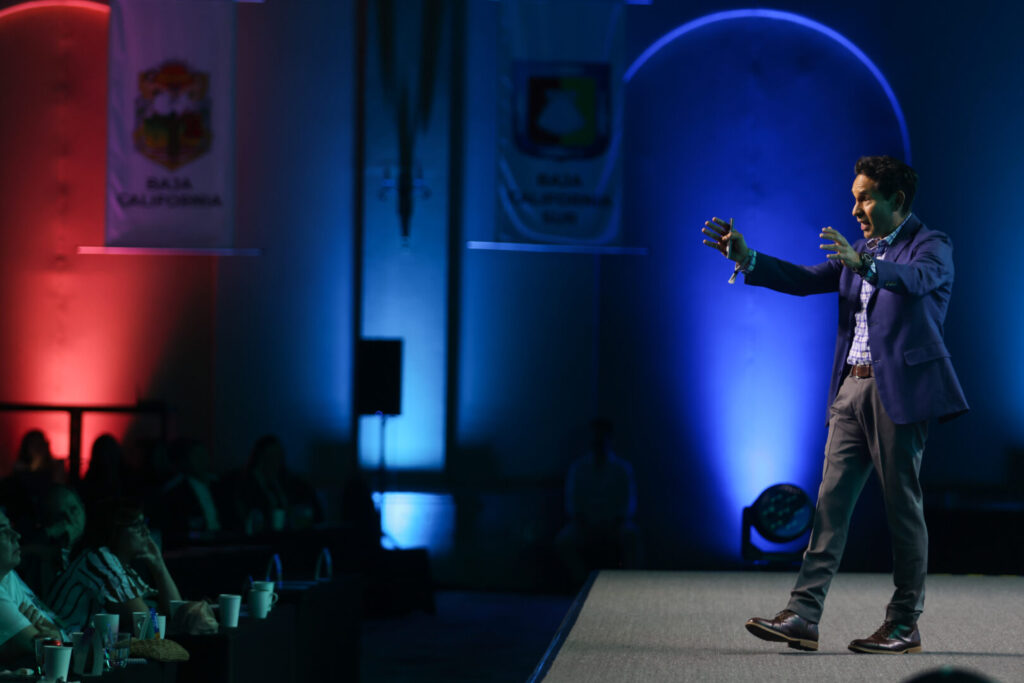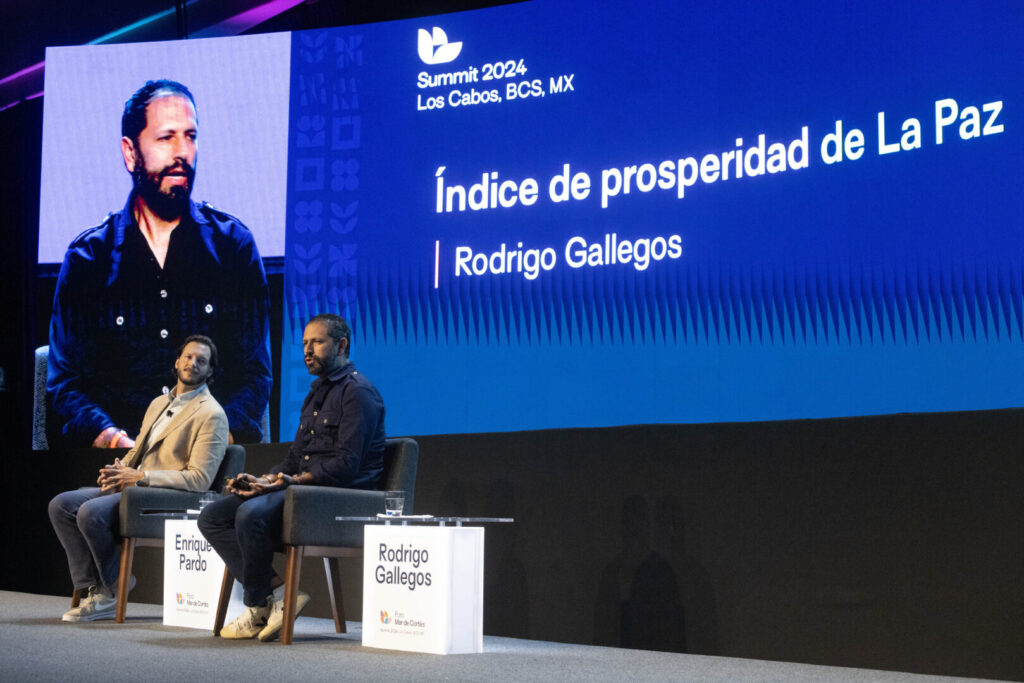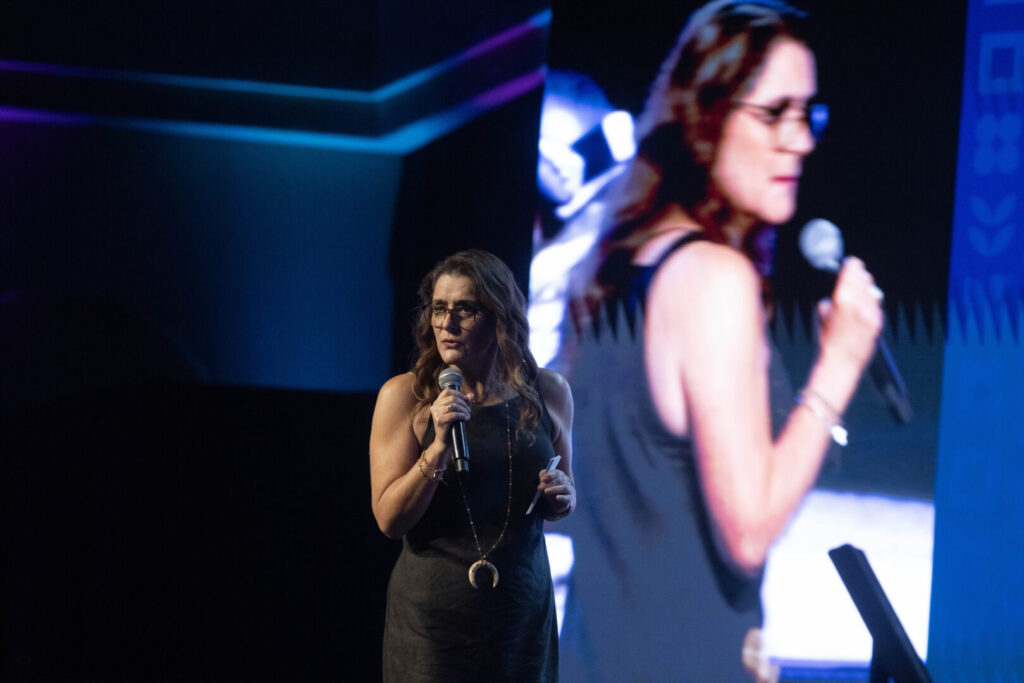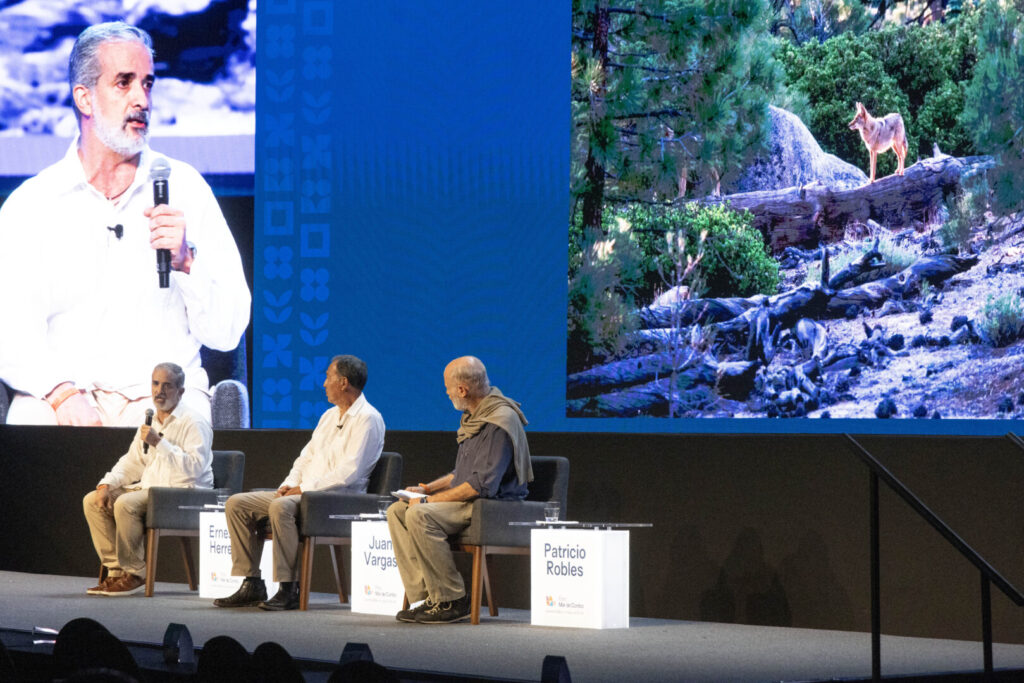Los Cabos, BCS. November 10, 2023. The Gulf of California is already showing signs of devastation, at least 80 percent of this oceanic region has dying reefs and areas with hot climates in deep waters, and the call to the scientific community is to work to avoid a major disaster.
The above is a call for Octavio Aburto Oropeza, Professor at the Scripps Institution of Oceanography of the University of CaliforniaHe is convinced that science can and must transform the reality that is now being observed in this region.
"The science we do is not looking at transforming what we are seeing," said the researcher at a conference during the Summit 2023 Prosperity: Possible Purpose, held by the Sea of Cortez Forum.
"Science spends its time describing the problems... satellites to see with greater precision when we are going to run out of the last mangrove or create more technology to know with greater precision when we are going to run out of the last mangrove, but why don't we do science so that the mangrove does not run out."
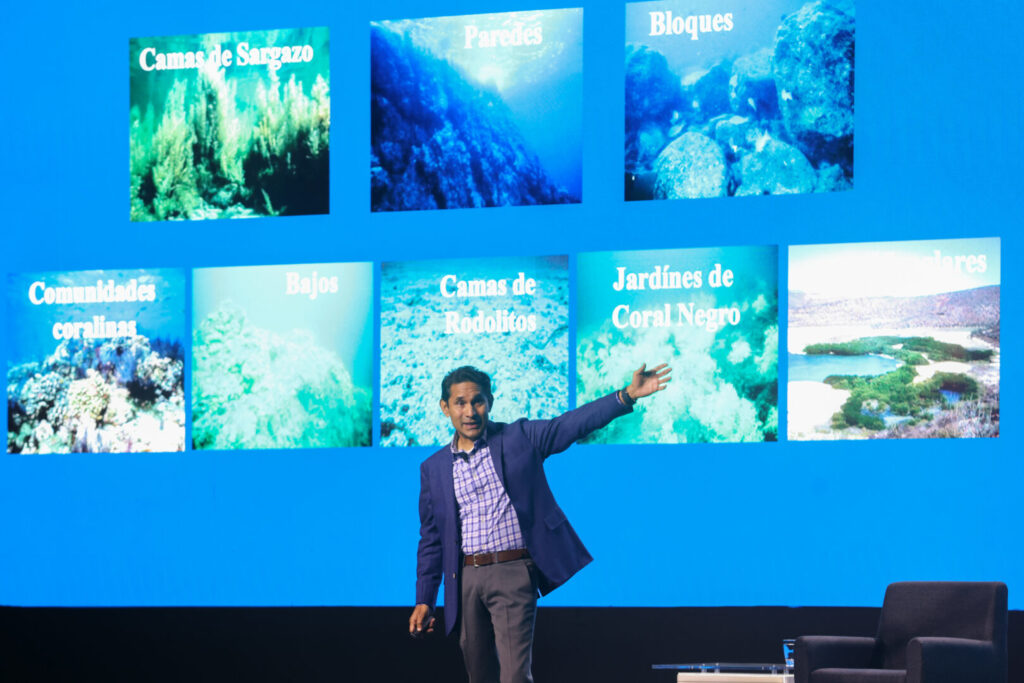
Impacts of the warming of the Sea of Cortés
Aburto Oropeza has been able to work for 21 years at the Gulf of CaliforniaThe project has found broad problems and new ecosystem remediation schemes.
"This region has been experiencing something that is already here, it is not the future. For three decades it has been increasing in temperature," he said.
Aburto Oropeza showed images of reefs bleached by wear and tear and pollution, in which marine debris such as nets can be seen on the reefs and at the same time the absence of fish can be observed.
"Most of our protected areas, believe me, are not protected. Everything is done, except protecting them," said the researcher.
"What we had in temperate zones, which became tropical systems. They are less productive and if we overfish them it is worse."
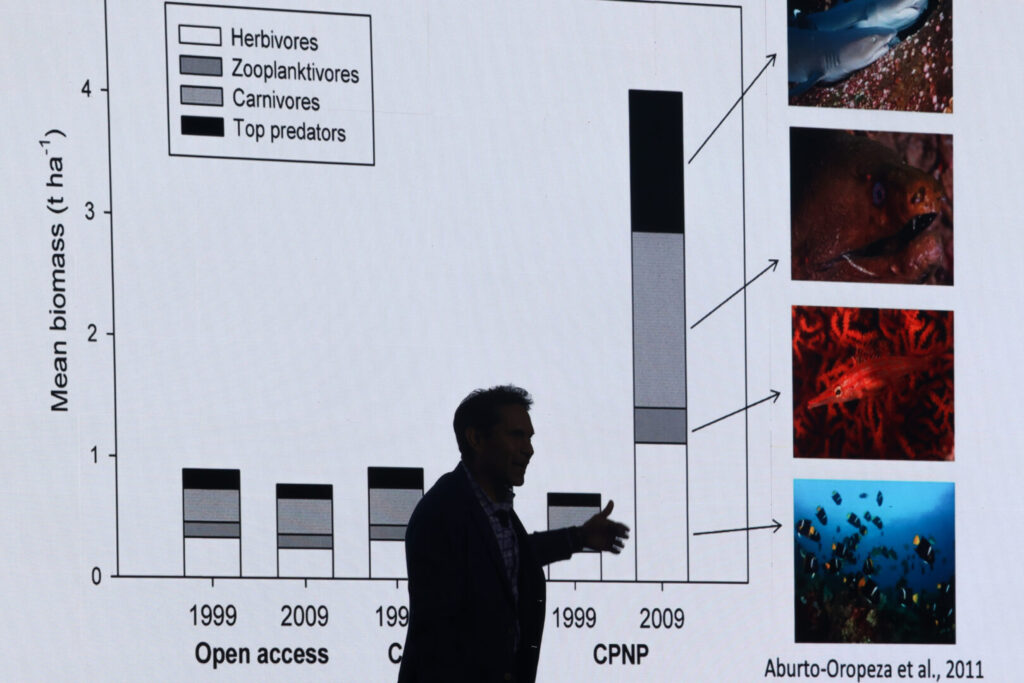
The research also showed that there are hot zones in the Gulf, with islets where the surface water exceeds 30 degrees and the deep waters, which according to scientific logic should have a lower temperature, also have the same heat levels.
But all is not lost, said the Professor at the Scripps Institution of Oceanography at the University of California, because this research also revealed that there are 24 marine reserves where urgent work is needed.
"And of course human beings can destroy, but human beings can also return everything to the way it was," he said.
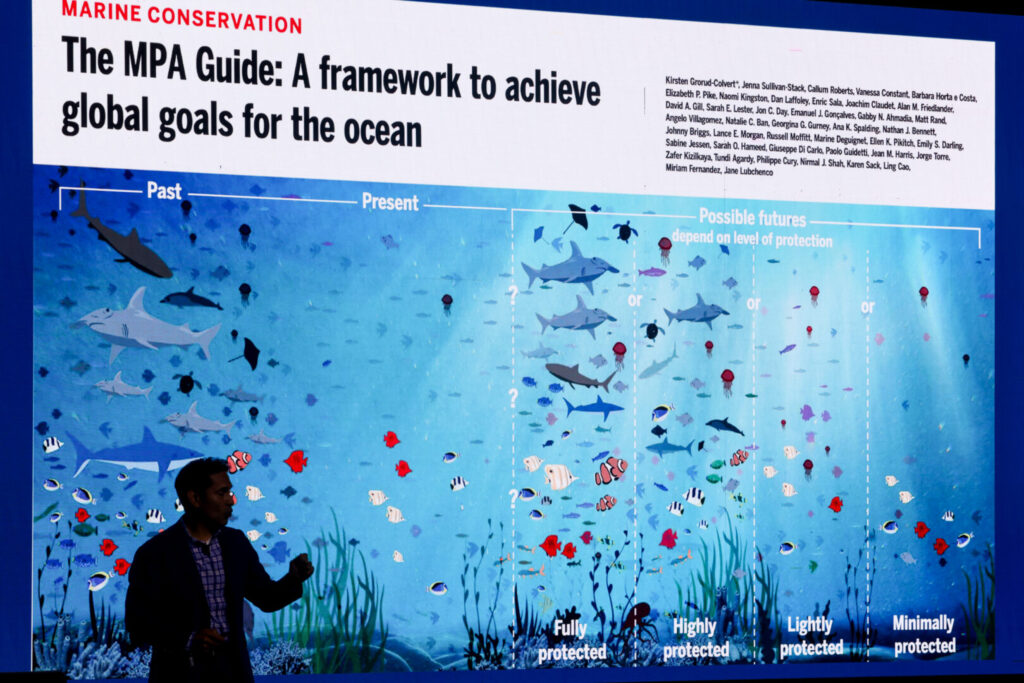
An example of conservation and recovery is Cabo PulmoThe area is home to a high concentration of fish and species that were considered extinct in that region 10 years ago.
The effort is such that the impact has been positive for the sea and the inhabitants around this place, but it would not have happened without good communication and coordination between academia, business groups and politicians with a common vision.
Who is it?
Octavio Aburto Oropeza. Professor at the Scripps Institution of Oceanography, University of California. Mexican scientist and founder of DataMares. He is also a professional photographer, member of the International League of Conservation Photographers and a National Geographic Explorer.

